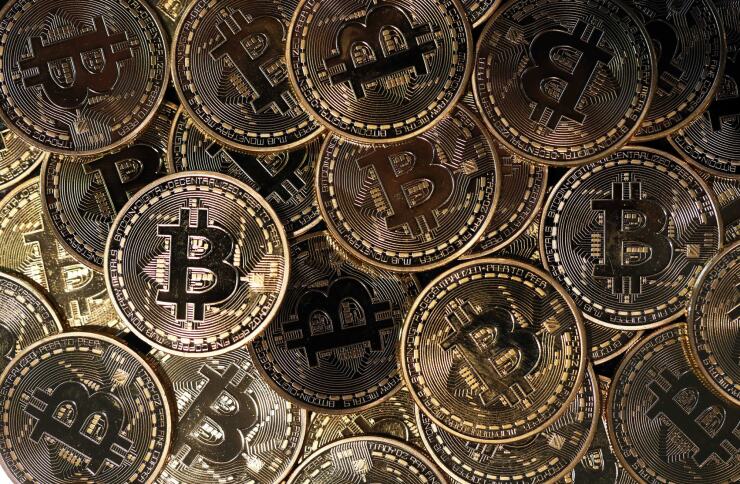Want unlimited access to top ideas and insights?
The information you need to start your day, from PaymentsSource and around the Web:
More shade for bitcoin: Many financial establishment figures have

Some support for bitcoin: For the past few days
Fake flight, real malware: Flight Sim Labs, which builds features for the Microsoft Flight Simulator series, has apologized after it installed malware in its own software, reports
Swift hacks come back: An Indian bank reports crooks hacked its connection to the Swift messaging system and made three fake transfers worth about $2 million.
From the Web
TechCrunch | Tue Feb 20, 2018 - Tandem, the U.K. challenger bank that recently acquired the banking arm of the famous Harrods department store partly in order to get its banking license back on track, has launched its first banking product: a credit card that offers cashback on every purchase and no exchange fees when spending abroad. The new card is designed to work with Tandem’s Personal Finance Manager (PFM) app, which you plug into your existing bank accounts and credit cards to get spending insights and set budgeting goals to help you better manage your money.
BBC News | Wed Feb 21, 2018 - More than 52% of Britons aged 18-25 are using the same password for lots of online services, suggests a survey. By doing so they make it easy for hackers to hijack accounts, warned the UK government's Cyber Aware campaign. The danger was acute because of the sensitive data people typically send via email and other accounts, it found. About 79% of the 2,261 respondents of all ages said they had sent bank details or copies of passports and driving licences via messaging systems. "Your email account is really a treasure trove of information that hackers won't hesitate to exploit," said Det Insp Mick Dodge, national cyber-protect co-ordinator with the City of London police in a statement. The danger of identity theft was significant, he said, because many people who sent personal information via email rarely deleted it. Bank statements, electronic copies of signatures and other important documents could all be sitting in lists of sent emails, said Det Insp Dodge.
ABC News | Tue Feb 20, 2018 - At its inception in 2009, a bitcoin could be purchased for less than a penny. Since then, the price has grown exponentially, hitting an all-time high of $19,783 in December. The cryptocurrency has experienced extreme volatility recently, leaving skeptics to question its sustainability. “Bitcoin wasn’t built to handle the volume of transactions that people are trying to do with it,” Grant Sabatier, who runs Millionaire Money, an investment blog, told “Nightline.” Its volatility makes it difficult to use as currency and is probably better used as a store of value, like gold, he added. Sabatier, who made more than $1 million in bitcoin, has been advising people against putting their money in the cryptocurrency. “If you only have $1,500 [to invest], this is not the best place to put your money,” Sabatier said. “This is speculative … it's gambling. You could lose money. You could make money. But, overall, you need to have a more conservative, better investment strategy for the long term.“
More from PaymentsSource
Rambus has provided the data technology under the hood of Nintendo and PlayStation games since the 1990s, and later became a global token service provider. The next logical progression is mobile payments.
By investing in next generation strategies and shifting their mindsets about testing, organizations can better safeguard and control the payments process, providing a more reliable customer experience and better protecting one of their most important assets—their reputations, writes Steve Gilde, a director at Paragon Application Systems.
NMI, which provides payments gateway services for resellers of payment services, has purchased U.K.-based Creditcall to expand its EMV and contactless capabilities so it can support retail, e-commerce, mobile and unattended payments through a single platform.
In a case where two payments security heads are better than one, Accredited Standards Committee X9 Inc. and the PCI Security Standards Council have agreed to create one unified PIN security standard for payments stakeholders.





